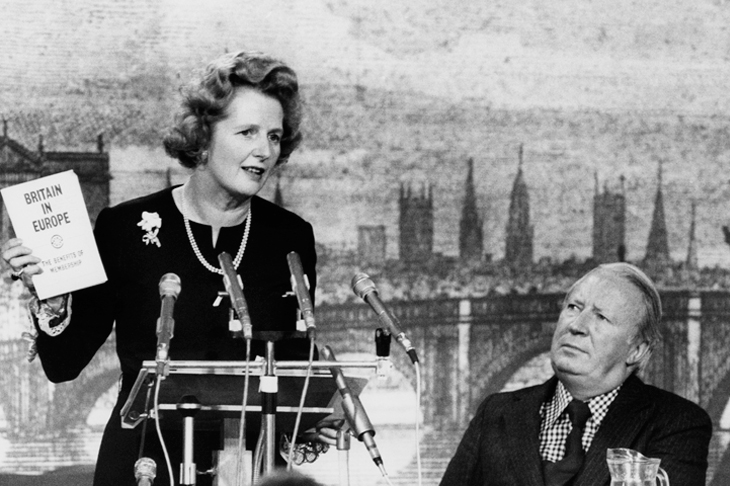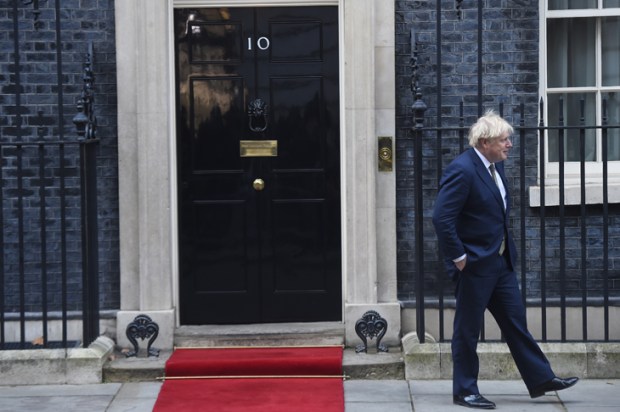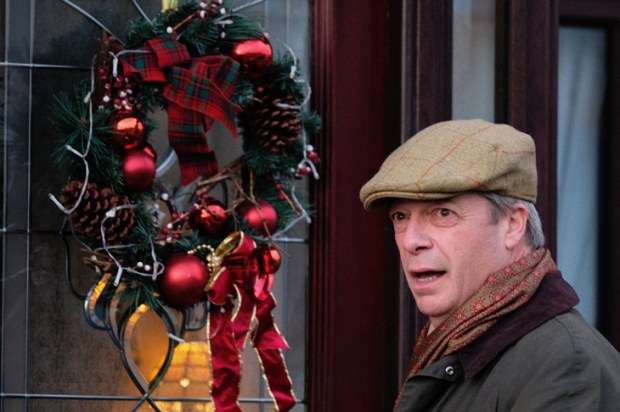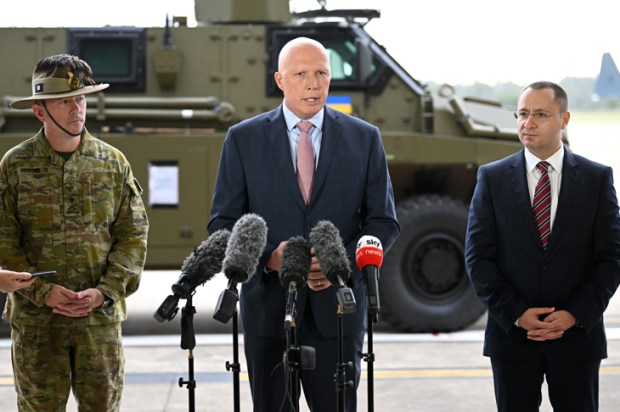Things have changed
Only Harrogate, York and Leeds voted Remain in the European Referendum in Yorkshire last year. This was not that case more than 30 years ago when I wrote the editorial in Yorkshire’s national newspaper, the Yorkshire Post, advising Yorkshire to vote to stay in Europe. My editorial saw a two to one vote for Europe in Yorkshire – plus ça change. I take full credit for the vote then. (The Yorkshire Post is the newspaper that broke the story on Mrs Simpson and Edward VIII in an editorial).
The United Kingdom European Communities referendum of 1975, also known as the Common Market referendum and EEC membership referendum, was held on June 5, 1975. It was to gauge support for continued membership of the European Communities (EC) which had been entered into on January 1 under the Conservative Government of Ted Heath. The Labour Government had promised in its manifesto for the October 4, 1974 general election that the people would decide ‘through the ballot box’ whether to remain in the EC. The electorate, more than just those who read my YP editorial, expressed significant support for EC membership, with 67 per cent in favour on a national turn out of 64 percent.
Prime Minister, Harold Wilson had said ‘….I ask you to use your vote. For it is your vote that will decide. The Government will accept the verdict – whichever way it goes.’ This was the first referendum through the whole of the UK.
I had spent a few days in Brussels learning about the Common Market as it was then. I concentrated for hours in the Berlaymont Building learning about the intricacies of the Common Agricultural Police (CAP), and in the end I think only the correspondent from the Financial Times had the courage to say he understood it. It was between him and God.
On the strength of this and many cognacs in the British Embassy (Sir Christopher Soames was ambassador), I returned to Leeds to write a strong editorial advising Yorkshire voters and the country to stay in Europe.
This has all changed. People are prepared to talk about which way they voted (not always the case in General Elections), and only a few friends voted Remain. Things have changed. It seems what I was talking about 30 years ago is not the EU of today.
The young certainly voted Remain. They liked the freedom to travel in Europe and work in Europe. Farmers on the other hand chose to vote Brexit. They were fed up with the intricate reams of paperwork generated by Brussels. Hours had to be spent wrestling with forms to achieve the simplest requirements. Farmers have better things to do than pore over forms. One dairy farmer asked how can an agricultural policy meet all the requirements of individual farmers in Greece, Spain, northern Europe, Ireland and Britain? A dairy farmer in East Kent is not the same as his counterpart on the Continent.
Some lawyers stressed the loss of sovereignty and legal independence of the courts for Britain. British law, the result of centuries of common law practice, was no longer sovereign. This was something the country had gone to civil war over in the 16th century.
There some lawyers along with some bankers who saw the advantages of remaining – mostly financial.
The overall impression is that the Brits did not like having to ‘kowtow’ to a whole range of faceless bureaucrats in Brussels. They also felt menaced by the influx of never ending migrants to Britain. This is not what they paid their taxes for. Maybe it was the historical return to Little Britain of William Gladstone, but more likely the Little Britain comedians of David Walliams and Matt Lucas.
The Government of Theresa May wrestles with when to trigger Article 50, the official instrument of disengagement. Suddenly they have remembered those loyal Commonwealth countries who so dauntlessly fought with Britain in World War II. These were the countries so cooly ditched by Edward Heath.
The problem is that Britain has been remiss in retaining old relationship, mostly forged with blood.
Alexander Downer, now our man at Australia House in the Strand (this imposing building’s grand interior was used as the setting of Gringotts Wizarding Bank in Harry Potter and the Philosopher’s Stone) has incisively pointed out that not once did a British Foreign Secretary visit Australia for 12 years between March 1996 and December 2007.
‘Instead of sulking, we’ve been forging new markets in Asia and North America,’ he said. ‘It has been hard going but we have stuck to it.. I can immodestly say we’ve done well.’
Downer clearly wishes Britain well and says a free trade policy between the two countries is a priority. Both have been saying this.
The same cannot be said about the EU, and self-important UK academics in a Changing Europe think-tank. They continue to denigrate Leave voters and accuse supporters of ‘living on Fantasy Island’. What they don’t seem to realise is that voters only took this unprecedented step because they were fed up with being told what to do by an overtly-bureaucratic European Union which has proven totally incapable of reform.
If its leaders had only showed an element of humility, and accepted the legitimacy of Britain’s concerns on issues like immigration, the former Prime Minister, David Cameron might have been able to put a more meaningful reform package to the electorate.
It is no wonder that 54 per cent of people, according to a new poll, want Prime Minister May to accelerate Brexit so the country can embrace ‘old friends’ again. Far from voters regretting the decision of June 23, they feel more than vindicated when academics and Remain-supporting politicians resort to insults in the vain hope that the result can be reversed. It can’t.
I accept Brexit and would be writing this in the Yorkshire Post if I was still an editorial writer there.
Got something to add? Join the discussion and comment below.
Get 10 issues for just $10
Subscribe to The Spectator Australia today for the next 10 magazine issues, plus full online access, for just $10.
You might disagree with half of it, but you’ll enjoy reading all of it. Try your first month for free, then just $2 a week for the remainder of your first year.














Comments
Don't miss out
Join the conversation with other Spectator Australia readers. Subscribe to leave a comment.
SUBSCRIBEAlready a subscriber? Log in